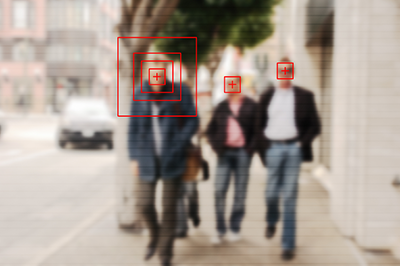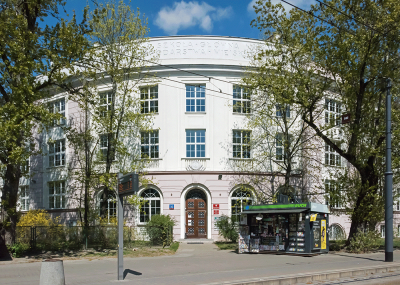
The Helsinki Foundation for Human Rights has presented on 7 of July 2016 an opinion on the citizens-sponsored proposal of the anti-abortion law prepared by the Legislative Initiative Committee “Put a Stop to Abortion”. The HFHR has commented on the proposed amendments to the Family Planning Act and the Criminal Code, referring to international standards and recommendations of human rights watchdogs.
“We emphasise in our position statement that the complete prohibition of abortion would involve a systemic violation of women’s dignity and fundamental human rights, and would also expose women to cruel, inhuman and degrading treatment”, said Zuzanna Warso, a lawyer of the HFHR.
According to the HFHR, the proposed changes to the Criminal Code, if adopted, will be an illegitimate interference in the private life of women and an obstacle to their exercise of the right to healthcare. The proposed provisions, which seek to expand the current abortion restrictions by introducing the total prohibition of abortion and criminal liability for abortion in all circumstances, contravene recommendations of international human rights watchdogs.
In the opinion of the HFHR, the far-reaching criminalisation of abortion and unintentional acts that pose the risk of terminating a pregnancy may be deterrent and cause the so-called “freezing effect”: some doctors are likely to be persuaded to avoid taking action necessary to save the lives and health of women. This will result in violations of women’s right to healthcare, right to privacy, to the freedom from inhuman treatment, and, in some cases, also women’s right to life.
Furthermore, the criminalisation of unintentional conduct that result in the death, damage or a health disturbance of the foetus may effectively deter doctors from ordering pre-natal diagnostic tests. The absence of such tests will lead to the abandonment of pre-natal treatments, which actually will be detrimental to the protection of the foetus’ life and health.
The HFHR also emphasises that affording legal protection to human life at the pre-natal stage does not mean that in certain circumstances the scope of this protection may not be limited due to the need for guaranteeing the fundamental rights and freedoms of women. Introduction of total prohibition and the criminalisation of abortion proposed in the draft means that the protection of life at the pre-natal stage is recognised without any exceptions at the expense of women’s rights. In the opinion of the HFHR, such a disproportionate solution should be considered unconstitutional and contrary to international instruments that protect human dignity and human rights.


